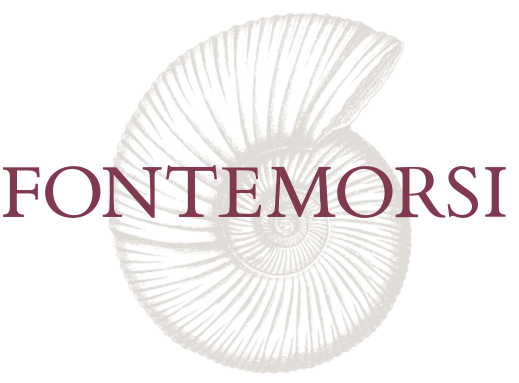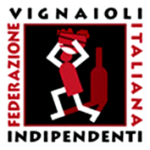In parallel with the ambition to produce organic quality wines, the Fontemorsi Company has set itself the goal of creating a low environmental impact viticulture model by adhering to the programs of the Experimental Station for Sustainable Viticulture led by Dr. Ruggero Mazzilli and affiliated with some of the most important Italian Research Institutes.
An initial exhaustive experimental phase gave rise to encouraging results. Fontemorsi’s vineyards have been cultivated for years according to the organic method which means, in our case, using only natural products for the defence of the vineyards (copper sulphur, propolis) and in the winemaking, the temperature control and filtration as the only technologies applied.
Thanks to the health of the grapes harvested, we can then limit the use of sulphur dioxide to minimum levels, usually half the limit allowed by organic wine legislation.
The controls and certification of the production process, from grape to bottle, are carried out by the Institute for Ethical and Environmental Certification (ICEA).
We firmly believe that this production approach, made possible by the wine-growing vocation of our hills, is essential to bring out the particularities of our land and the potential of the cultivated vines, so as to give the wines personality and territorial integrity and international recognition.
Of the upmost importance for this project is the work done in all these years by our winery manager Luigi Brunetti. His professional growth has greatly benefited from his dedication to the job and the close relationship he has created with Dr. Ruggero Mazzilli and our wine maker Paolo Salvi
With the aim of reducing our carbon footprint, we decided in 2007 to create a photovoltaic system for the production of electricity to satisfy the energy needs of our cellar (refrigeration, use of transfer pumps, filtrations ) and a solar thermal system for the domestic hot water production of our farmhouse.

